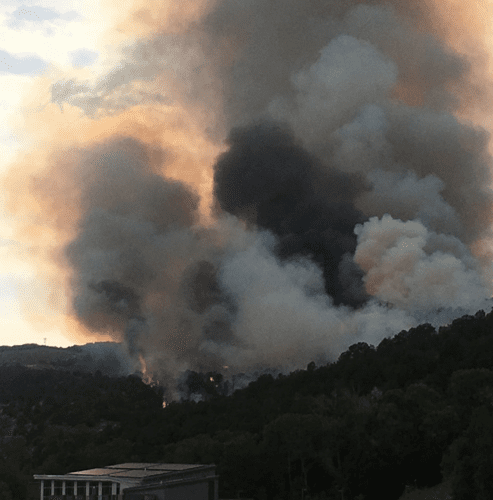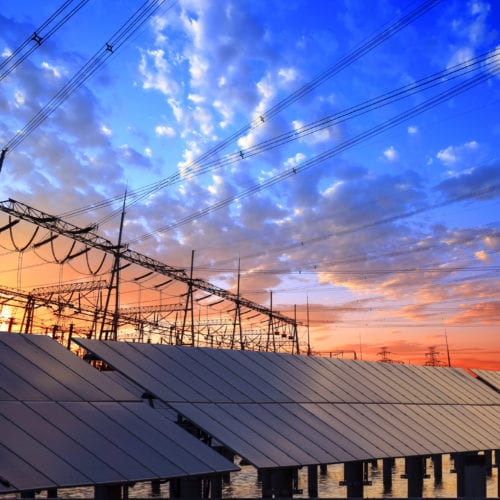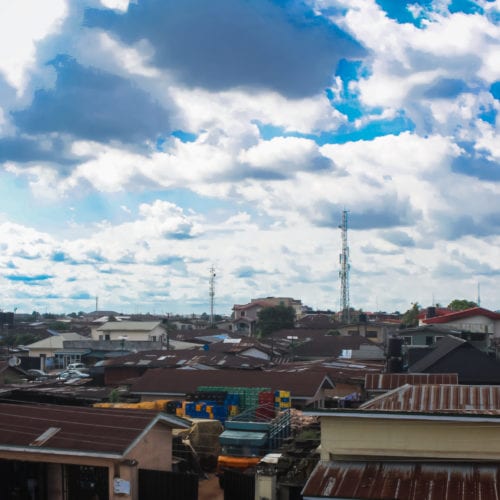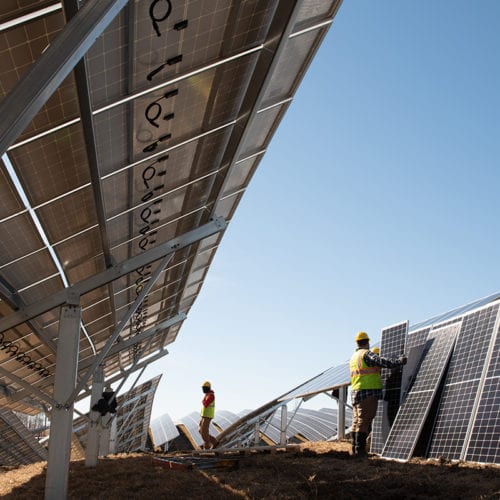
Electricity

Energy Resilience in the Roaring Fork Valley
On the evening of July 3, 2018, a wildfire broke out a half mile from the Rocky Mountain Institute office in Basalt, Colorado, in the heart of the Roaring Fork Valley. This fire—dubbed the Lake Christine Fire—spread to engulf more than 12,500 acres and came within minutes of shutting…

Elevating Utility Business Model Reform at e–Lab Accelerator 2019
The various forces—societal, financial, environmental, customer-driven—motivating the electricity system’s transition to a more decarbonized and distributed orientation continue to grow, marked by several key milestones in recent months. As a central actor in the energy ecosystem, electric utilities will continue to play a key role in how this inevitable…

Accelerating the Electrification of Buildings at e–Lab Accelerator 2019
One of the most exciting developments in the energy system is the role that beneficial electrification—using renewable energy and efficient electric technologies to heat and cool homes and businesses—is playing in supporting the transition to a cleaner energy system. A cohort of teams at RMI’s Electricity Innovation Lab (e–Lab) Accelerator—happening…

Rethinking Minigrid Design: Capturing Savings Through Capacity Utilization
Distributed minigrids are an increasingly attractive approach across sub-Saharan Africa for providing power to rural and underserved communities (as we explain here and here). As with any electricity system, the financial viability of a minigrid depends on capacity utilization, the extent to which the installed capacity of the…

How Community-Scale Solar Can Change Our Energy System
This post was originally published on Organic Valley’s Rootstock blog site. Where and how we source our energy has a huge impact on our lives, from the food we eat to the air we breathe, which is why a shift to renewable energy is crucial. From rooftop solar arrays…